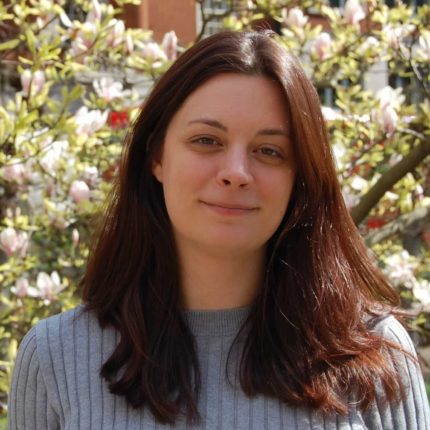On World Refugee Day in June the UNHCR launched its #WithRefugees petition, which calls on governments around the world to ensure that every refugee child gets an education, that every refugee family has somewhere safe to live, and that every refugee can work or learn new skills to make a positive contribution to their community. This petition seeks to safeguard the future of an estimated 65.3 million people forcibly displaced globally in the face of humanitarian crises and put education and skills the centre of this pledge.
Universities will be integral to this response, and have a long tradition of helping those displaced by crises. Nowhere is the challenge greater than with regards to Syria. Before the start of the civil war 20% of 18 to 24 year olds in Syria were studying at university. Now less than 5% of the same age group are higher education students. More than half of young Syrians have had their education disrupted by the civil war. Prolonged displacement increases the risk that a generation of young people will not receive the education needed to rebuild their community and country when peace and stability is restored.
UK universities have already responded to the current crisis in many different ways, offering a range of initiatives and programmes including scholarships, distance learning, and language courses. Universities outside the UK have also been proactive in this area. The World University Service of Canada (WUSC)’s Student Refugee Program has enabled student refugees to pursue their studies at a range of Canadian institutions since 1978. Institute of International Education (IIE) in the USA has rescued persecuted scholars since 1919 through its Scholar Rescue Fund. In the UK the Council for At Risk Academics has supported scholars fleeing persecution and in exile since the 1930s and now has the support of over 110 UK universities as well as many others in Europe and beyond.
Better coordination and discussion of the UK higher education sector’s response to the Syria refugee crisis is vital to improve the efficacy of these responses and that they are aligned to the needs of the affected people and the work of other sectors, multilateral donors and agencies. To that end UK Higher Education International Unit and British Council arranged an information sharing event on Thursday 30th June at Woburn House in London. The event was an opportunity for university representatives to find out the latest information about the refugee situation from representatives working across the region. We hosted visitors from Turkey, currently home to the largest population of displaced people, and from Lebanon, where the country’s population has increased by 25% as a result of displacement.
There were also presentations from organisations outside of the UK – including the IIE and German DAAD – offering a global perspective to responses in higher education. Several UK universities including the University of Bath, King’s College London and the University of York showcased their work to date, which ranges from support for organisations in Jordan to coordinating and celebrating the work of student volunteers raised funds and supplies.
Universities can bid for funding for projects in this area from the EU’s HOPES and DFID’s SPHEIR initiatives, as well as the Madad Fund, an EU Trust Fund established for Syrian refugees in neighbouring countries. Bidding for a SPHEIR demonstration project targeting higher education for beneficiaries affected by the Syrian crisis closes on 20th July.
The British Council’s Gordon Slaven has called for the UK sector to bring together their shared initiatives and ideas in order to create a “bonfire of opportunities” for displaced people. Attendees agreed to coordinate the sector’s response through information sharing, understanding the range of opportunities that could offer support, and to further celebrate higher education as a force for global good.
This last point was most eloquently summarised by a Syrian academic who fled the country without being able to complete his Masters degree. With the help of CARA he is now studying for a PhD at the University of Kent and said that he was thankful for the opportunity to ‘revive his dream’. Such initiatives, Saaed commented ‘give people the chance to be what they want to become’ and to be part of the healing process. With better collaboration and commitment the UK sector can continue to change the lives of many displaced people from Syria and around the world.












